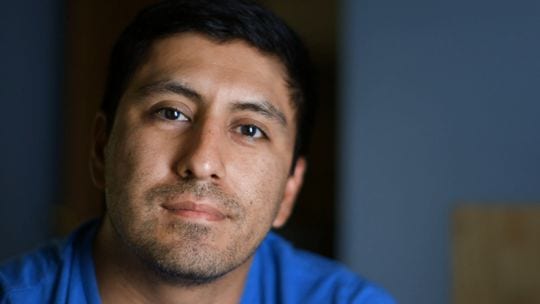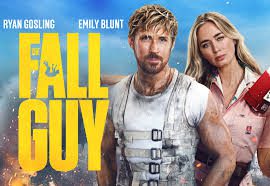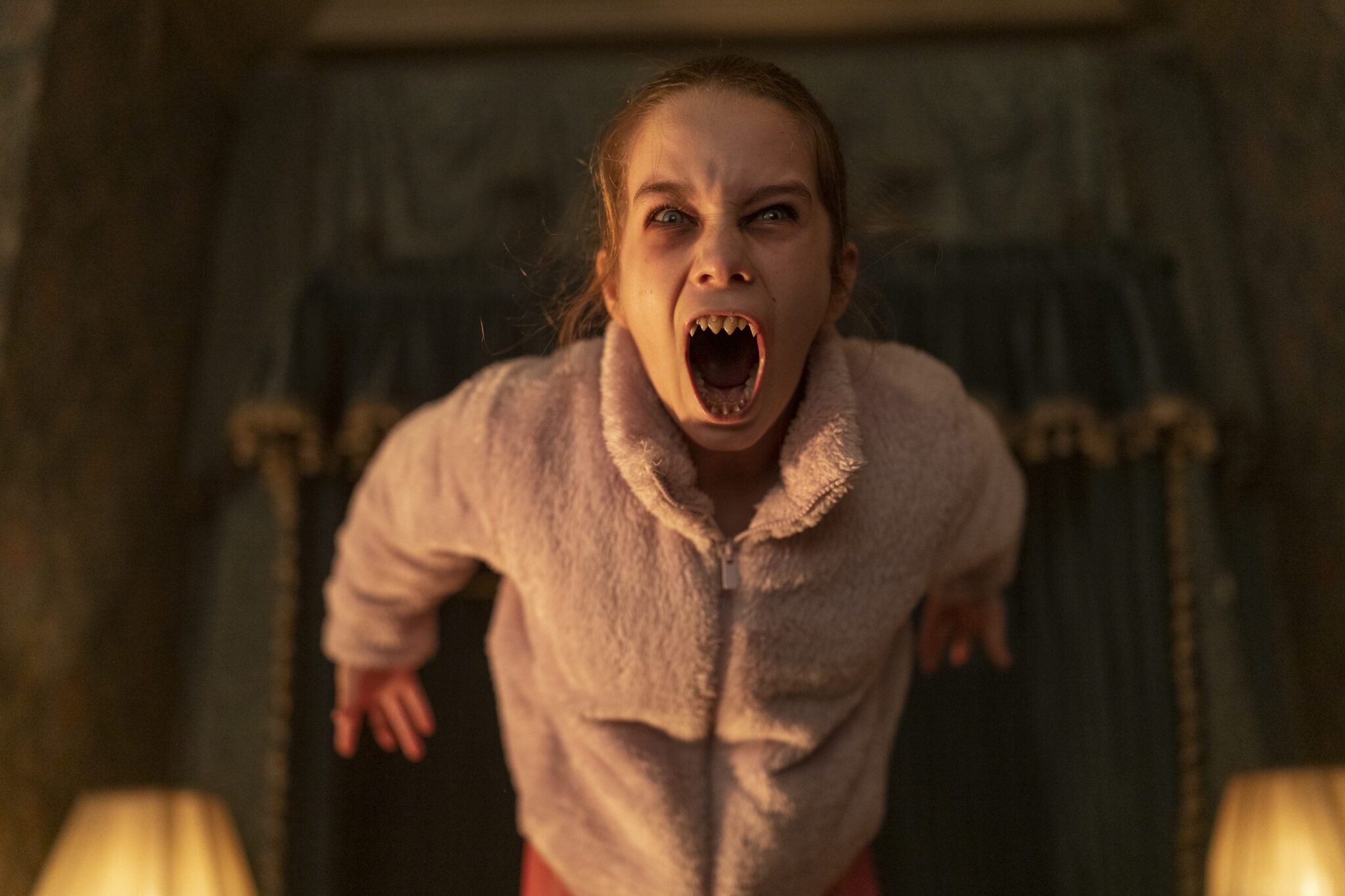 “This call is from a federal prison.”
“This call is from a federal prison.”
In 2001, Cindy Shank was dating a man who began dealing drugs, who was later murdered. Six years later, she was married to a man with whom she’d have three young girls and working as a responsible part of the community when federal prosecutors rang the doorbell at 6:30 in the morning. Shank was arrested, charged and sentenced for conspiracy to her former boyfriend’s crimes, a mandatory minimum sentence of fifteen years.
Rudy Valdez, the cinematographer and documentarian behind The Sentence, wants to use HBO’s feature film to help raise awareness about overcompensatory sentencing, in Shank’s case, “the girlfriend problem.” Those moved by the documentary, which shows the way that Shank’s three young girls and her marriage suffered.
 “This call is from a federal prison.”
“This call is from a federal prison.”
Like Boyhood, Valdez’s film allows the viewer to see the development of the children and their father, Adam, through the years. The brother-turned-filmmaker refuses to flinch when his own father cries or the girls ask questions that will break your heart. He documents his sister’s divorce from her husband while she’s behind bars, and the way that her daughters anticipate what it will be like when their mom return home. It is heartbreak on heartbreak that can’t help but move the audience.
Is Shank guilty? Maybe. How did her boyfriend die and why? We’re not told. But neither question seems relevant to the narrative that Valdez shares, while the fact remains that six years after a crime someone else committed, Shank was charged and sentenced to fifteen years for non-violent crimes… that she may or may not have had anything to do with. There are no easy answers here, only questions about what justice looks like, about what we do in the evaluation of crime and punishment, and how we might change our perspective to make sure that children don’t grow up without mothers or fathers.




